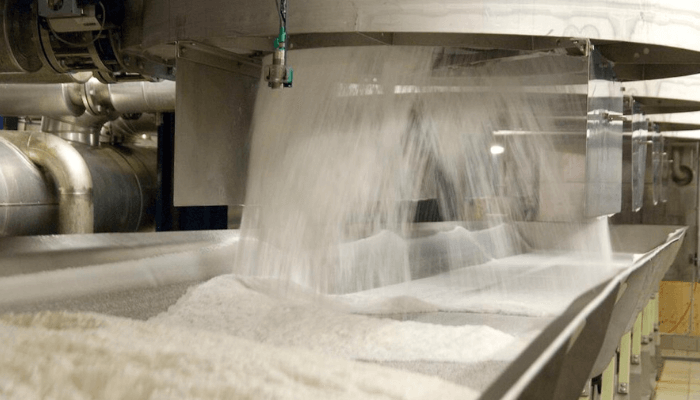Anchoring the National Sugar Master Plan, Investment Targets 700,000 Metric Tonnes of Local Production Amidst Rising Import Costs
Lagos, Nigeria — Dangote Sugar Refinery (DSR) has strategically intensified its long-term commitment to ending Nigeria’s dependency on raw sugar imports, deploying an investment exceeding $700 million into its backward integration program (BIP). This colossal capital outlay is not merely a business expansion; it represents the single most significant private-sector commitment underpinning the government’s National Sugar Master Plan (NSMP), designed to conserve Nigeria’s dwindling foreign exchange (FX) reserves and achieve industrial self-sufficiency.
The investment is systematically spread across key areas necessary for complete vertical integration: expansive land acquisition and development, state-of-the-art industrial machinery, critical factory and irrigation infrastructure, workforce development, and extensive community support programs.
The Macroeconomic Imperative: Halting the Import Bill
Nigeria’s dependence on foreign-sourced raw sugar has become a critical economic vulnerability, acutely exposed by recent foreign exchange pressures. With an annual domestic demand estimated at 1.7 million tonnes, the country currently sources the vast majority from abroad.
The scale of the crisis is stark: Nigeria spent an estimated ₦953.9 billion on raw sugar imports between July 2024 and June 2025. This massive, recurring FX outflow is what DSR’s initiative directly seeks to mitigate. The successful localization of the sugar supply chain would effectively substitute billions in annual import costs with local industrial activity, providing immediate relief to the Naira.
Group Chief Executive Officer, Ravindra Singhvi, explained that the strategic intent goes beyond mere refining capacity, focusing on accelerating field development across its sugar estates. The company aims to grow its domestic refined sugar output to 700,000 metric tonnes locally within the next five years, fulfilling roughly 50% of the current national demand.
Vertical Integration and Product Diversification
The $700 million investment is transforming DSR’s operational footprint across key sites like the Numan complex in Adamawa State and the Nasarawa Sugar Company. The company’s overall target refining capacity is set to rise to 1.5 million metric tonnes annually in the coming years.
Crucially, the expansion is being paired with a robust retail strategy. The recent unveiling of new Stock Keeping Units (SKUs) in smaller, consumer-friendly 100g, 250g, 500g, and 1kg sizes at the Lagos International Trade Fair signals a drive to deepen market penetration and ensure locally produced sugar is accessible across all consumer segments.
Fatima Aliko-Dangote, Executive Director of Commercial Operations, underscored that this integrated strategy reinforces the Dangote Group’s dedication to industrialisation, value addition, and economic diversification—pillars vital for sustainable economic transition in Nigeria.
Resilience and Socio-Economic Impact
DSR’s latest financial results highlight the company’s resilience despite volatile market conditions. The company’s revenue climbed by 51 per cent to ₦665.6 billion in 2024 (up from ₦441.5 billion in 2023), a performance applauded by shareholders as a testament to its market leadership and operational tenacity in the face of inflation and currency risk.
Beyond the balance sheet, the backward integration program holds a significant socio-economic promise: the creation of more than 75,000 direct and indirect jobs across the agricultural and industrial value chain. These jobs—from cane cultivation and harvesting to processing and logistics—are concentrated in rural areas, offering a crucial pathway for regional economic development and poverty alleviation.
With sustained capital investment and an ambitious production schedule, Dangote Sugar is clearly positioning itself as the central engine required to drive Nigeria past its long-standing sugar import dependence, setting a powerful precedent for other major industries to follow the NSMP’s strategic roadmap toward genuine food-industry self-sufficiency.

